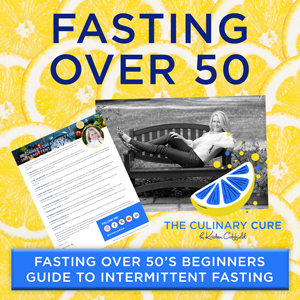A So Called 'Bad' Food is Actually Good For You

My clients regularly ask me: "Should I be eating eggs? My doctor tells me they're 'poison' and to avoid them as they'll increase my cholesterol and heart disease risk." My response: "That's OLD NEWS!" Thought of as a bad-for-you food for decades, scientific research is shedding new light on the truth about eggs.
Eggs don't deserve their bad reputation. Their high cholesterol content has been thought to play a role in increasing LDL (bad) cholesterol and heart disease risk. But cholesterol in food is a minor factor contributing to high blood cholesterol for most people, and studies - including a recent review of 17 studies - have not confirmed a correlation between eggs and increased heart disease risk. The major determinant of LDL cholesterol is saturated fat, and while eggs are high in cholesterol - 184 milligrams in the yolk - they're relatively low in saturated fat - about 1.6 grams in the yolk.
Interestingly, some of the biggest egg eaters in the world, the Japanese, have low cholesterol and heart disease rates, in part because they eat a diet low in saturated fat. In contract, Americans tend to eat eggs alongside sausage, bacon and buttered toast, suggesting the meal pattern is the culprit - not the egg.
"The amount that one egg a day raises cholesterol in the blood is extremely small," says Walter Willett, professor of epidemiology and nutrition at Harvard's School of Public Health. "Elevations in LDL cholesterol of this small magnitude could easily be countered by other health aspects of eggs.





